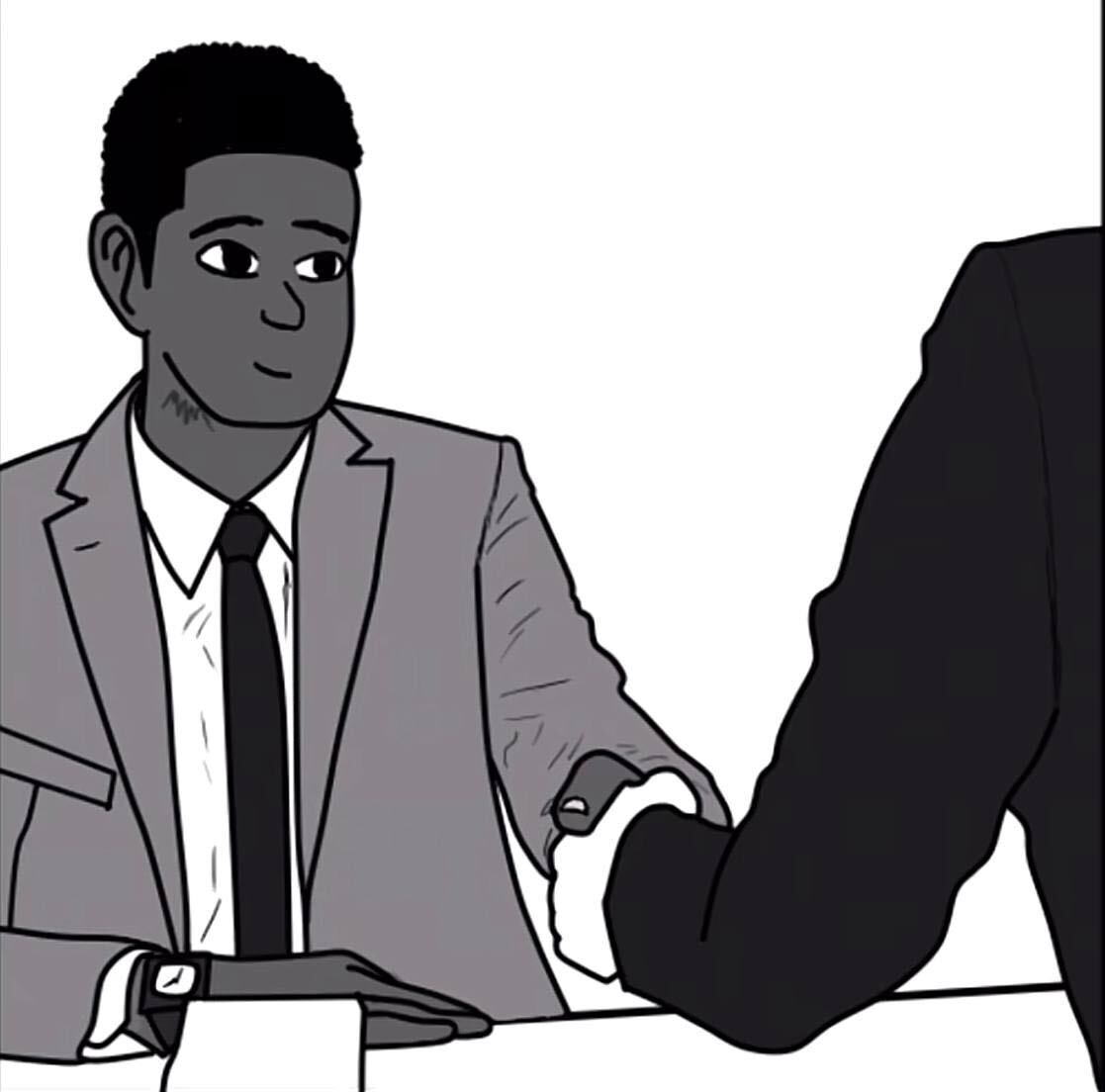Looking for and applying to jobs and internships is really difficult. On top of the unbelievably frustrating job market, there are also all the little nuances that come with applying to jobs that get unbelievably annoying after a while.
Firstly, you have to make sure your resumé is up to date. If you are anything like me, you let your resumé fall behind your work experience. As a college student, I have worked up to three jobs simultaneously. Oftentimes, I apply for, get them and start them all at the same time. I can’t tell you how long I spent updating my resumé after this summer — but I definitely let it get behind. And on top of all that, half the time you have to enter all the same information in again — I am looking at you, Pitt Talent Center. Tell me why I’ve got to reenter all of my information that’s easily found and sorted on my resumé?
Then, you must wait and wait and wait until someone finally gets back to you — and that is if they get back to you in the first place. While applying for summer internships, I applied to nearly 15 positions, and I am pretty sure I only heard back from about three or four. Even when I was incredibly qualified on paper for certain jobs, I rarely heard back.
And if you get through all of that, you have arguably one of the worst tasks ahead of you — the interview.
I will be the first one to say that interviewing sucks. It’s awkward, it’s not always the easiest to prepare for and sometimes you simply cannot get the words you want to say out. It’s difficult talking about yourself and your accomplishments, and it’s even more difficult when you’re asked questions that hardly apply to your experience. You’re left gasping at straws, trying to make something out of what little experience you do have. This is an especially prevalent reality for college students who have little to no professional experience.
I just came out of an interview process for a job I didn’t get. I was bummed, but ultimately decided it was for the best. As much as the job interested me and I knew I would do a good job, the whole interviewing process itself gave me experience that is hard to come by.
When I called my parents the night I found out I didn’t get the position, they were still unbelievably proud of me. They ended the phone call with the same piece of advice they’ve used since my freshman year — all interviews are good interviews.
They don’t mean “good” in a successful kind of way. I’ve certainly had my share of “bad” interviews where I’ve come out feeling like I just threw that whole prospect away. I know I’m not alone in this.
What my parents and I mean by “good” is — you did it. You got practice. You nearly made it.
There are two reasons that you should perceive any and all interviews as “good.”
The first one being simply that you nearly got there. Your resumé and experience was good enough to land an interview in the first place. Now, I know that is not what people want to hear, especially coming out of a devastating loss for a job you really wanted. But just getting the interview means you are on the right track. You are applying for the right jobs that are looking for the exact qualifications that you have. Getting that interview offer was a feat in itself!
But, secondly, and what I think is most important, is that any interview is practice. Even if you are a great public speaker and schmoozer, interviewing is hard. It can be awkward and difficult and puts nearly every single person outside their comfort zone. And I think the main reason for that is that we don’t do it enough.
I talk all the time to my friends and family about the kinds of things I do at work and my favorite professional accomplishments. But that’s not the same as being interviewed. Being interviewed is its own can of worms that makes myself and others writhe in discomfort. But I’ve found that the more interviews I’ve done, the more comfortable I get with them.
I know what I need to do to prepare. I know what kinds of questions I am going to be asked and what kinds of answers I want to give. Even when I am caught off guard with a question, which happens all the time, I’ve had enough experience thinking on my feet in a professional setting that I am never too worried. And all of this confidence comes from the fact that I’ve had practice! I’ve completed so many interviews now for so many different jobs and scholarships that when I tried to produce the exact number for this column, I lost track.
So, if you make it to the interview, whether or not you get the job, be proud of yourself. You did great, and you got loads of valuable practice too. Treat every job application and interview as an opportunity to improve yourself. Whether or not it’s an improvement to your resumé, or to your interviewing skills, all interviews are good interviews. No matter what, they’ll lead you to where you want to go.




